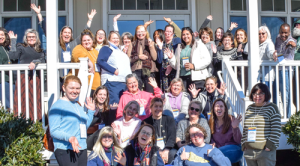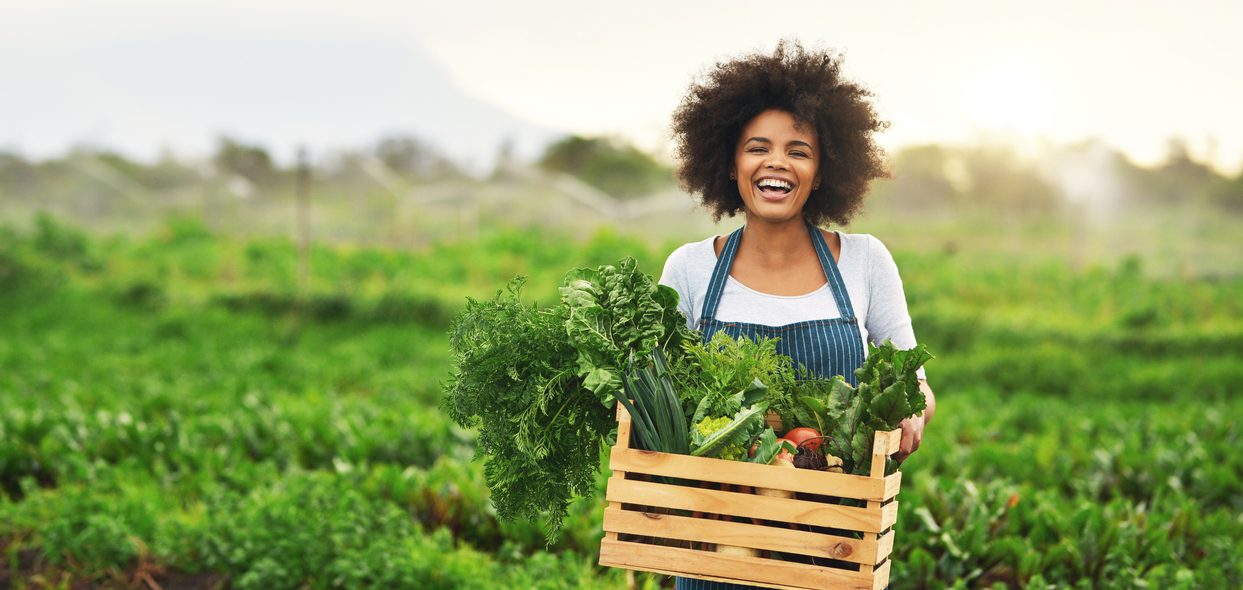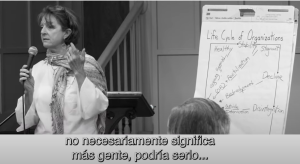Transforming Creation Care
Coordinator: Steven Jones (DE), swjones836@gmail.com

What does Creation Care mean for Province III? Since our November Executive Council meeting, I had to be reassured; I know I am not the only one. Having read Food & Faith: A Theology of Eating by Norman Wirzba (2011), it energized and helped me to form a food system lens reflecting the sacredness of eating, our personal interconnections, and how we steward our “food providing home”. Having been the board chair of a non-profit dedicated to growing land stewards, I learned the nourishing and liberating power of local food systems. How can we unleash that power to build up the communities in our parishes, and Province III? How can we reward those farmers who nurture creation rather than extract from it? How can we and the Church, as consumers, collectively purchase food which reflects creation care values and bear witness to our risen Lord?
We are blessed to have, in our five-state province, an impassioned and diverse community of small and mid-scale farmers growing an abundant array of fruits and vegetables from: apples to yams, to a variety of meats, including dairy and grains in addition to seafood. Small farmers, committed to growing food naturally, do not use expensive inputs and have diversified operations which make their farm system a closed-loop. For example the livestock produces manure which enhances soil fertility yielding enough crops also providing feed for the livestock. Their craft intentionally collaborates with nature. Their first priority is to supply sustainable yields that feed: their families, communities first and a market. They are proud of and stand by the quality of their food. It is their brand. This “no-synthetic chemical-inputs” approach not only generates healthful food, but environmental benefits like carbon sequestration. It is labor-intensive work requiring intuition and a constant attention to detail and threats whether they be large like managing extreme weather patterns, or more subtle regional climate shifts from snowless winters and late April heatwaves to managing livestock contagions, or pests.
Stepping into the spotlight during the pandemic, these food producers played an outsized role providing the food that our conventional chain could not supply. Now that the emergency has waned and as Covid-era funding expires, many struggle to secure markets. This year the Care of Creation Caucus will be submitting a resolution to Create a Care of Creation Loan Program for Episcopal Dioceses (A021). In 2018 Supporting Our Local Food Producers (C049) urged the Church to buy food from local farmers when possible. Both resolutions recognize the Church’s collective power to drive change, while recognizing its limits. Both resolutions challenge it to actively invest in the change it wants to see.
“To advocate for the agrarian position, one does not need to be a full-time farmer. What is necessary is that one be committed to practices and policies that promote the health and vitality of lands, creatures and people altogether. Practically speaking, that means supporting—financially with one’s shopping priorities and politically with one’s voice and vote—the farming communities that do good work” describes Norman Wirzba in his latest book: Agrarian Spirit: Cultivating Faith, Community and the Land (2022). So how can Province III support our farmers? This spring, Future Harvest and the Claggett Center will discuss just how to make such a local food procurement initiative work. Future Harvest is a 25-year-old farmer education non-profit known for its: Beginning Farmer Trainer Program, Agriculture Leadership Development Initiative and the Million Acre Challenge. Its graduates and stakeholders can be found throughout the Mid-Atlantic. The Claggett Center, a 250-bed year-round facility which sees X visitors per year, is located along the Monocacy River in Adamstown, Maryland. This 268-acre facility just completed a historic-barn renovation which includes a new commercial kitchen to complement its mission to tell its own farming story. Both organizations will explore ways how Frederick County farmers can supply this unique center with high quality local food. The goal is to develop a new procurement model reflecting “a beloved economy” agenda.
Similar to Beloved Community, a beloved economy is induced and born when ordinary people with extraordinary shared aims are tied in with things that create life and care for one another”–Dr. Virgil A Wood from Beloved Economies: Transforming How We Work by Jess Rimington and Joanna L. Cea (2022). We have the opportunity to transform how we procure food which aligns with our creation care values to make a measurable local difference. Intentionally procuring local food for our operations is perhaps the best way we can internalize our agrarian spirit, and showcase our provincial impact. Making room for change is vital as Anna B. Olson points out in her (2016) book: Claiming Resurrection in the Dying Church: Freedom Beyond Survival. “In every community there are people Jesus would be proud to claim as followers: people who choose love, who give sacrificially, who put the needs of their communities before their own needs, who look fear in the face and choose to walk in the life-giving Way” she adds. This accurately describes so many small farmers around us. This is also an opportunity to demonstrate our community impact.
Creation care means taking action. Following through with supporting our local food producers not only attempts to strengthen a more just food procurement model, where Episcopal centers like Claggett can directly impact local farms, and the subsequent value chain, but as The Reverend Olson said in the her chapter: Say Yes, “These are our opportunities to be a part of the lives of the people we seek to engage.” Creation Care means engaging ourselves in the work that advances life and natural systems. Whether that means supporting practices that build soil health, conserves water resources, and pays fair wages. Creation Care is ultimately about community wellbeing and love and this bold initiative seeks to imbed our Beloved Community values in how we operate. Look for more details in the coming weeks.




